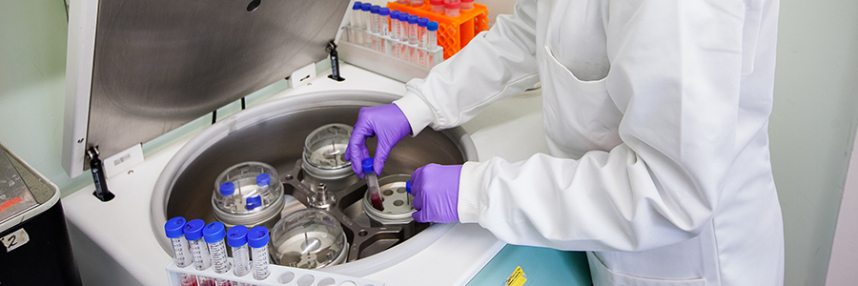Preparing NHS laboratory services for the genomic age
As efforts to embed genomics across the NHS move ahead, NHS England is consulting on proposals for a shake-up of genetics laboratory services
The planned changes are intended to support the 100,000 Genomes Project led by Genomics England, as well as creating a comprehensive service providing high-quality genetic and genomic testing for NHS patients across the country.
The need for change arises in part from the movement from genetic to genomic testing. Advances in DNA sequencing technologies and associated data analysis techniques are making it possible to examine an individual’s entire genome – all 3,000 million base pairs – for health-related variations.
This necessitates a different approach to testing, analysis and clinical interpretation of genomic ‘big data’. It also increases opportunities to improve patient care, not only in the traditional area of rare, heritable diseases but more widely, in cancer and other medical fields such as paediatrics or cardiology. The impact will be felt not only in diagnosis but also in helping to choose the best treatments for individuals.
The current set-up
Medical genetics in the NHS comprises two elements:
- Clinical genetics is a medical specialty involving care for individuals and families affected by, or at risk of, conditions with a primarily genetic basis. This includes risk estimation, counselling, diagnosis, clinical management and education, delivered via multidisciplinary teams.
- Laboratory genetics provides a variety of diagnostic services, testing and analysing DNA and related molecules (molecular testing) and chromosomes (cytogenetic testing), as well as other tests that may reveal genetic information. They also undertake research.
At the moment there are a total of 26 Genetics Centres in England, four in Scotland, one in Wales and one in Northern Ireland. NHS England has set out plans to create instead one national centre for basic DNA sequencing, along with a national network of major genomics laboratories, and a larger number of local genomics laboratories.
The proposed structure
The Genomics England Sequencing Centre (GESC), which is already being built at the Wellcome Trust Sanger Centre genome campus outside Cambridge, in partnership with commercial genomics company Illumina, will provide efficient, large-scale genome sequencing.
The proposed Genomics Central Laboratory Hubs (GCLH) are intended to provide diagnostic genomics services for the full range of clinical areas. Not every GCLH would necessarily offer every test, but clinicians anywhere in the country would be able to access appropriate specialised genomic diagnostic services via the network. The hubs would also link with academic and industrial research initiatives.
Finally, a larger number of Genomics Local Laboratory Hubs (GLLH) would be created from current molecular pathology laboratories, and provide local diagnostic testing as well as serving as portals for combining multiple different test results. Some specialised forms of local and national genomic testing are excluded from the plans, notably for infectious diseases, or antenatal and newborn screening.
The plans are of course subject to change, depending on the feedback received via the consultation, which runs until mid-April this year.
However, they demonstrate the commitment of the NHS to providing robust structures for genomic medicine that can maximise efficiency, provide fair access, and allow adaptation to rapid developments in underlying technologies to improve patient care and outcomes.
–



